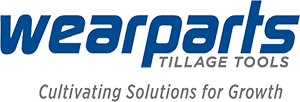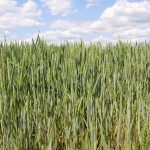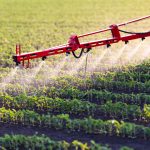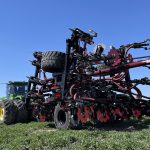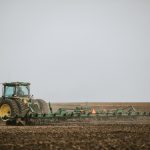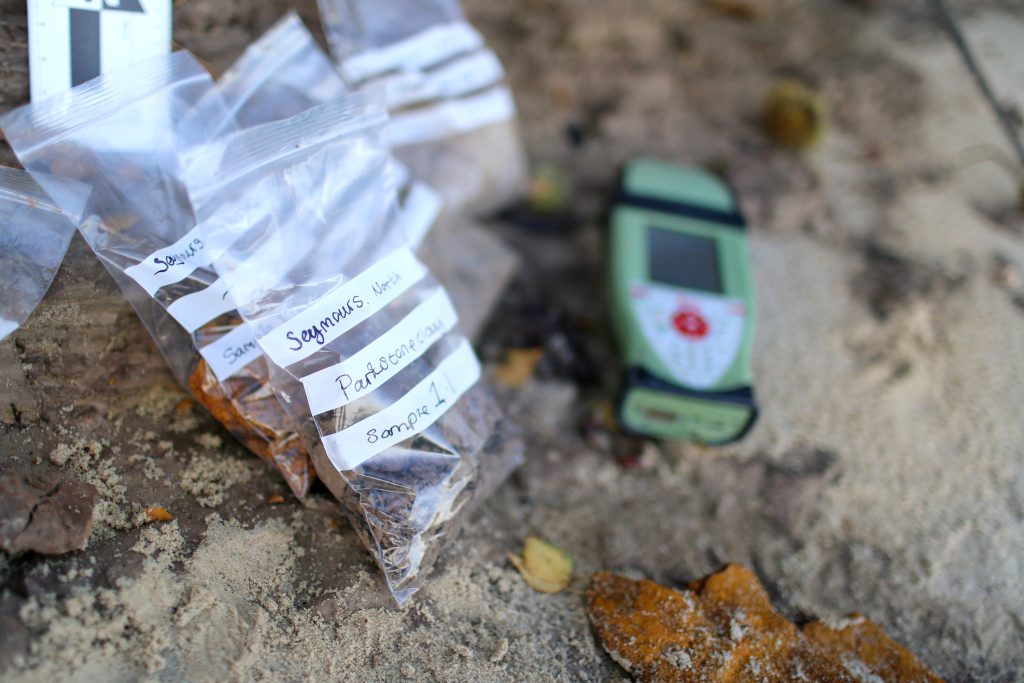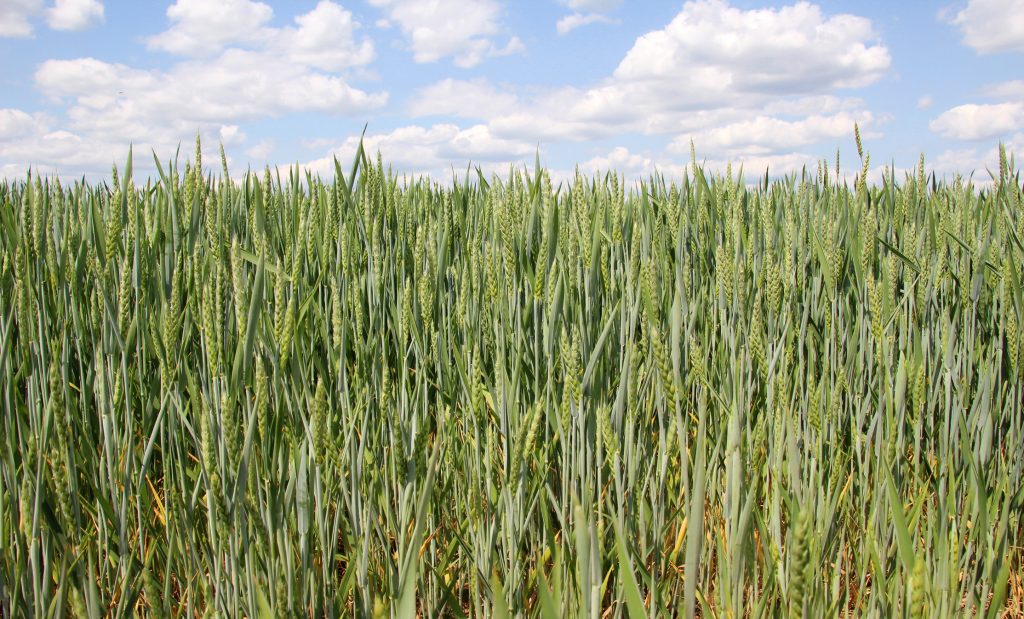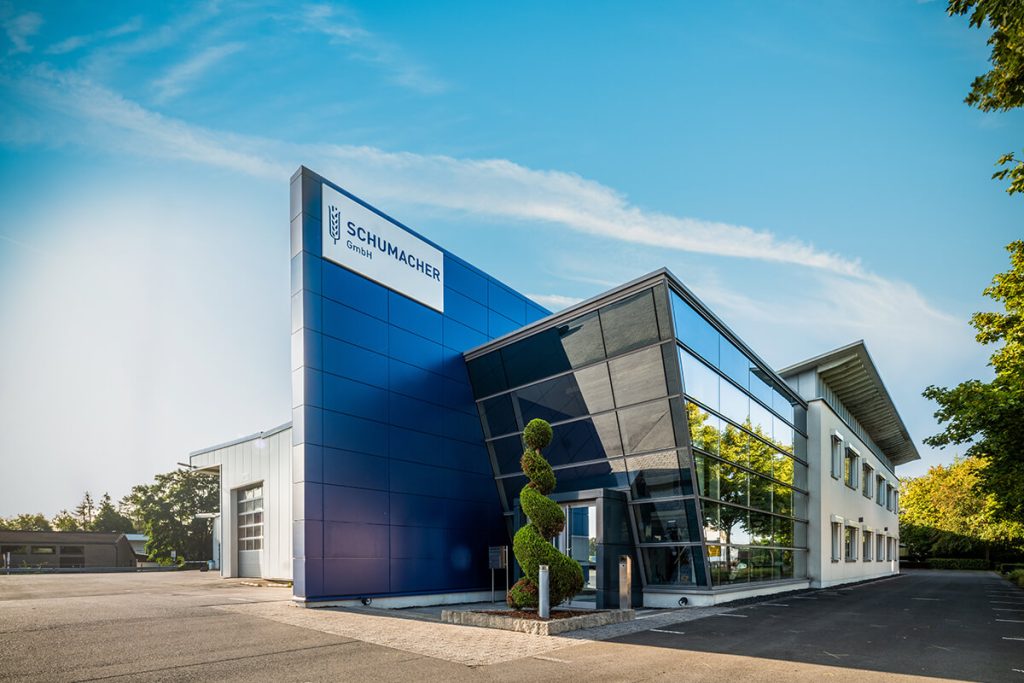Peanut season is well underway for farmers in the southeast, with record high yields forecast in a number of states and prices remaining favorable, hinting at a bumper crop for many producers – especially those that have invested in quality equipment to help maximize their harvest.
Groundnuts need warm weather conditions to mature, and coupled with the drought conditions commonly found across peanut-growing regions of the US, this often results in challenging soil conditions come harvest time.
In optimal conditions, a digger proceeds along the rows of peanut plants driving a horizontal blade four to six inches under the soil to loosen the plant and cut the taproot before shaking and inverting for drying.
But dry, hard soil pushes peanut diggers to the limit, making it harder for blades to cut at the required depth. If the taproot isn’t severed, roots will be dragged along by the digger and pods dislodged, resulting in digging losses. Of course, hard ground dulls blades faster, increasing the chance of losses and resulting in significant downtime caused by the need to change blades frequently in the field.
So how can Wearparts peanut blades help farmers to get more peanuts into storage, and faster?
The answer is simple: superior sharpness and a longer wearlife that makes short work of hard, dry ground.
Our aftermarket peanut blades are manufactured from boron steel for additional strength and a longer wear life, and are compatible with commonly-used peanut digging machinery including KMC and Amadas machines.
While it’s common to assume that OEM parts are always better quality, testing shows that Wearparts peanut blades are superior to their OEM equivalent, with 10% more material contributing to a lower risk of breakage and more acreage covered between blade changes.
What’s more, Wearparts offers in-house hardfacing services that further extend the wearlife of our peanut blades.
We hardface using the CMT (cold metal transfer) process, which produces a lot less heat than conventional welding processes. As a result, CMT welding does not dilute the base metal or affect its strength, brittleness or integrity in any way. The CMT process ensures consistent metal deposition from the beginning to the end of the process, which means better edge retention (blades stay sharper) and a more even wear pattern over time.
How much longer do Wearparts peanut blades last?
It’s impossible to give an average acreage per blade since conditions vary widely from state to state – and sometimes within a single farm or field. However, our own field tests indicate that farmers using Wearparts peanut blades can typically expect to get 25-30% additional wearlife compared to the equivalent OEM blades.
That means less time spend under the peanut digger changing blades, and more time spent digging rows for an optimal harvest when the time is exactly right – as it is right now, across America’s southwest.
Wearparts peanut blades are in stock and available now from dealers across the US peanut growing regions, and we offer expedited shipping for dealers needing to get stock in fast to meet the demands of this year’s harvest.
To find out more, or to enquire about becoming a Wearparts dealer, get in touch!
